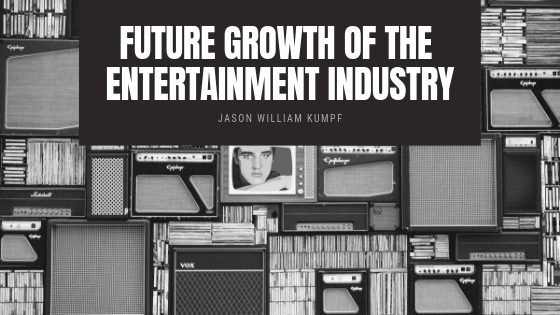According to an article in Forbes, an in-depth study slated to be published in 2019 takes a look at media trends in the U.S. market according to Pepperdine’s Institute for Entertainment, Media, Sports, and Culture. This work focuses on revenues for video content, music, web-based publishers, cable, network stations, and social media as the digital age for consumers explodes.
As the digital age took off, the first to feel the impact was in the music industry. From 2000-2015, revenues from the music industry have decreased from $14.6 billion to $6.7 billion as the legal and illegal sharing of music flourished on the internet. This caused unit prices and sales volumes plummeted as distribution steered to electronic means. This profit loss waved a red flag at the rest of the media industry, but they learned from this effect and those businesses who adapted to the inevitable presence of the web may have seen a cut in their turnovers, but some of them have stayed in business. This worrisome finding has thankfully seen a rebound from this decline in profits as streaming gains popularity.
Counter weighing the losses in the entertainment industry are web-based publishers like YouTube and Amazon have grown 11% annually, more than doubling film and television revenues. However, through the use of digital advertising and growing their presences online, traditional stations like ABC, CBS, etc., have stayed afloat but have not balanced their losses from past mediums. Cable has only just recently started to see a decline in consumers in reference to pay-TV networks like HBO and Showtime. Reliability of a high-quality video is likely the reasoning behind that trend.
From 2013-2017, social media has grown an incredible 37% annually profiting off of users’ information and content, but efforts are starting into licensing and original content creation. With self-publishing content on the web swelling in popularity on sites like Facebook, Twitter, and Instagram, consumers clearly enjoy the concept of self-promotion and it shows in the numbers.
As film giants like Warner Brothers and Disney begin to market their own streaming services to counter Netflix, Netflix is fighting back with a slew of new content in 2019. The battle for the reigns continues as the social media platform leads the rest of the entertainment industry further into the digital age.

